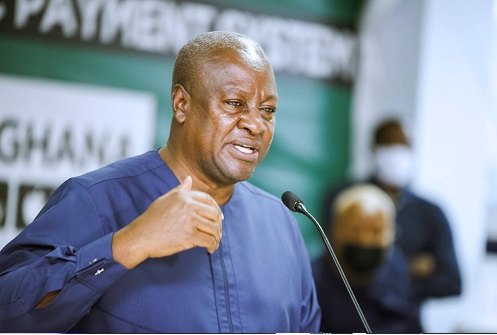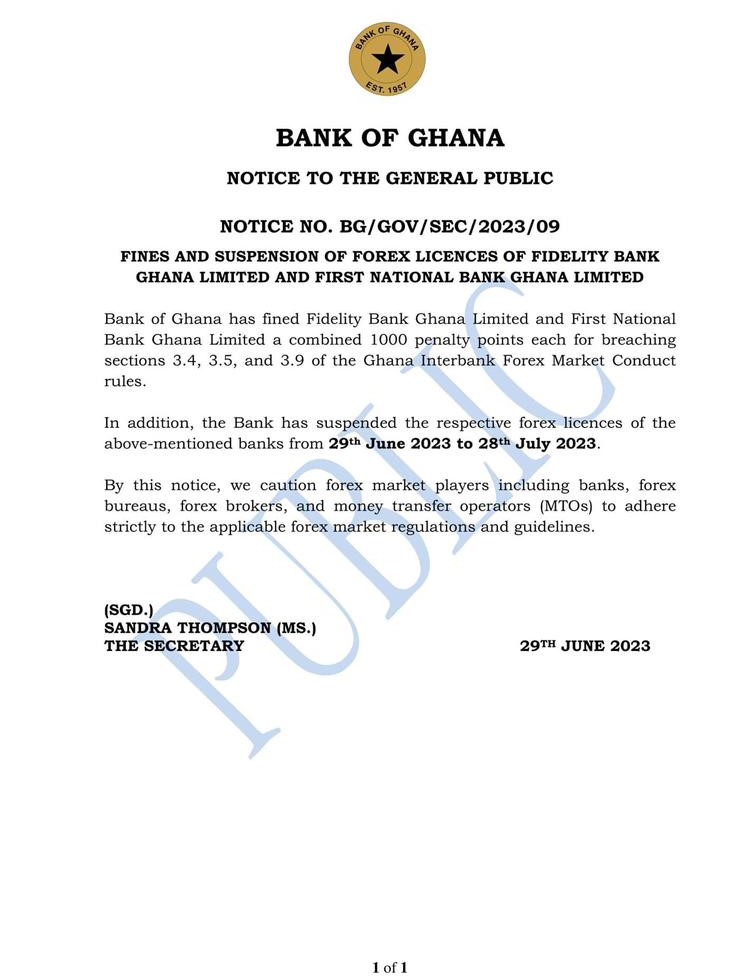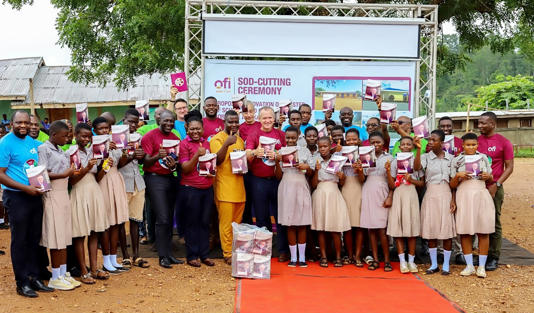Introduction
John Dramani Mahama, the flagbearer for the National Democratic Congress (NDC), has made a groundbreaking pledge to introduce a youthful cabinet if elected in the upcoming December 7 elections. This move, unprecedented in Ghana’s political history, aims to reflect the nation’s youthful demographic in its highest decision-making body.
Importance of Youth Representation in Government
Demographic Significance
Ghana boasts a significant youth population, making up a substantial portion of the electorate. By ensuring youth representation in the cabinet, Mahama seeks to address the demographic imbalance and better reflect the population’s composition.
Diverse Perspectives
Youth bring fresh perspectives, innovative ideas, and a deep understanding of contemporary issues to governance. Their inclusion in decision-making processes can lead to more effective policies that resonate with the needs and aspirations of the younger generation.
Historical Context of Cabinet Composition in Ghana
Ghana’s past cabinets have traditionally been composed of older, more seasoned politicians. Mahama’s proposal marks a departure from this trend and signals a shift towards a more inclusive and representative government.
Mahama’s Vision for a Young Cabinet
Mahama emphasizes the importance of youth representation in shaping the nation’s future. By appointing young leaders to key cabinet positions, he hopes to harness their energy, enthusiasm, and creativity to drive positive change and development.
Emphasis on Youth Demographics
Mahama underscores the fact that Ghana’s majority are young people, making it imperative for the cabinet to reflect this demographic reality. He believes that young people must play a central role in decision-making processes to ensure policies that address their concerns and aspirations.
Potential Impact on Governance
The infusion of youth into the cabinet could lead to more dynamic and forward-thinking governance. Young leaders bring a different set of skills and perspectives to the table, complementing the experience and wisdom of older politicians.
Criticisms and Challenges
Despite its potential benefits, Mahama’s proposal has faced criticism and skepticism from some quarters. Concerns have been raised about the lack of experience and expertise among potential young cabinet members, as well as their ability to handle the responsibilities of office effectively.
Benefits of a Young Cabinet
Innovation and Fresh Ideas
A young cabinet is likely to be more open to innovation and experimentation, leading to the development of bold and transformative policies. Young leaders are often at the forefront of social and technological change, making them well-positioned to address emerging challenges.
Bridging the Generation Gap
By including young leaders in the highest echelons of government, Mahama hopes to bridge the generation gap and foster greater intergenerational dialogue and understanding. This can lead to more inclusive and equitable decision-making processes that take into account the needs of all segments of society.
Potential Candidates
Speculation abounds regarding who might be included in Mahama’s young cabinet. While no official announcements have been made, several young politicians and activists are being touted as potential candidates for key ministerial positions.
Comparison with Other Cabinets Worldwide
Mahama’s initiative mirrors similar efforts in other countries to promote youth representation in government. Examples include the appointment of young ministers and advisors in countries like France, Canada, and New Zealand.
Public Response and Expectations
Reactions to Mahama’s proposal have been mixed, with supporters applauding his commitment to youth empowerment and inclusion, while critics express reservations about the feasibility and effectiveness of a young cabinet.
Implementation and Timeline
Establishing a young cabinet would require careful planning and coordination. Mahama’s team would need to identify suitable candidates, conduct vetting processes, and ensure smooth transitions. A detailed timeline for implementation would need to be developed to meet the post-election inauguration deadline.
Conclusion
John Dramani Mahama’s pledge to introduce a young cabinet represents a bold and visionary approach to governance in Ghana. By prioritizing youth representation and inclusion, he seeks to build a government that is more responsive, dynamic, and forward-thinking. While challenges and criticisms remain, the potential benefits of a young cabinet cannot be overlooked in shaping the nation’s future trajectory.
FAQs
- Q: How will Mahama ensure that young cabinet members have the necessary experience and expertise?
- A: Mahama’s team is likely to conduct rigorous vetting processes to assess the qualifications and capabilities of potential candidates. Additionally, mentorship programs and training initiatives could be implemented to support young leaders in their roles.
- Q: What impact could a young cabinet have on policymaking?
- A: A young cabinet is likely to bring fresh perspectives and innovative ideas to policymaking processes, leading to the development of more dynamic and forward-thinking policies that address the needs of the younger generation.
- Q: Will a young cabinet be able to effectively address the concerns of older demographics?
- A: While the focus may be on youth issues, a diverse cabinet comprising both young and older members can ensure that a broad range of perspectives and concerns are taken into account in decision-making processes.
- Q: How will Mahama balance the need for youth representation with the requirement for experienced leadership?
- A: Mahama is likely to strike a balance by appointing a mix of young leaders with fresh ideas and experienced politicians with proven track records of leadership and governance.
- Q: What are the potential risks of appointing a young cabinet?
- A: One potential risk is the perception of inexperience among young cabinet members, which could undermine public confidence in the government. Additionally, there may be challenges in managing intergenerational dynamics within the cabinet.
















